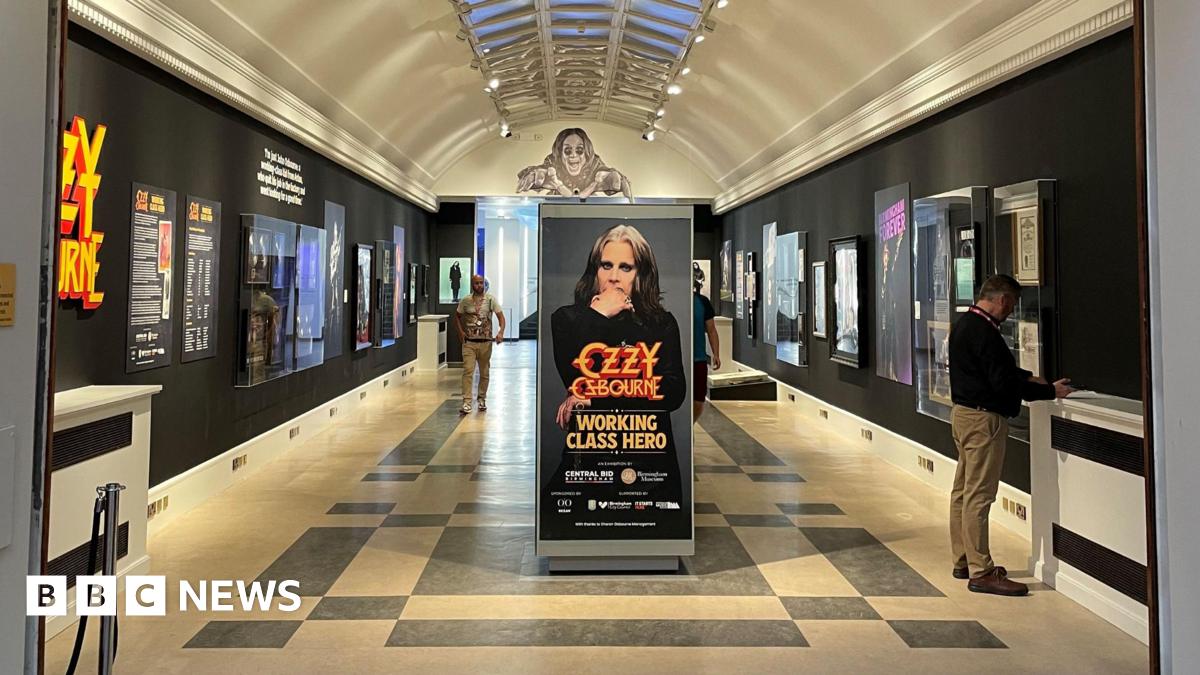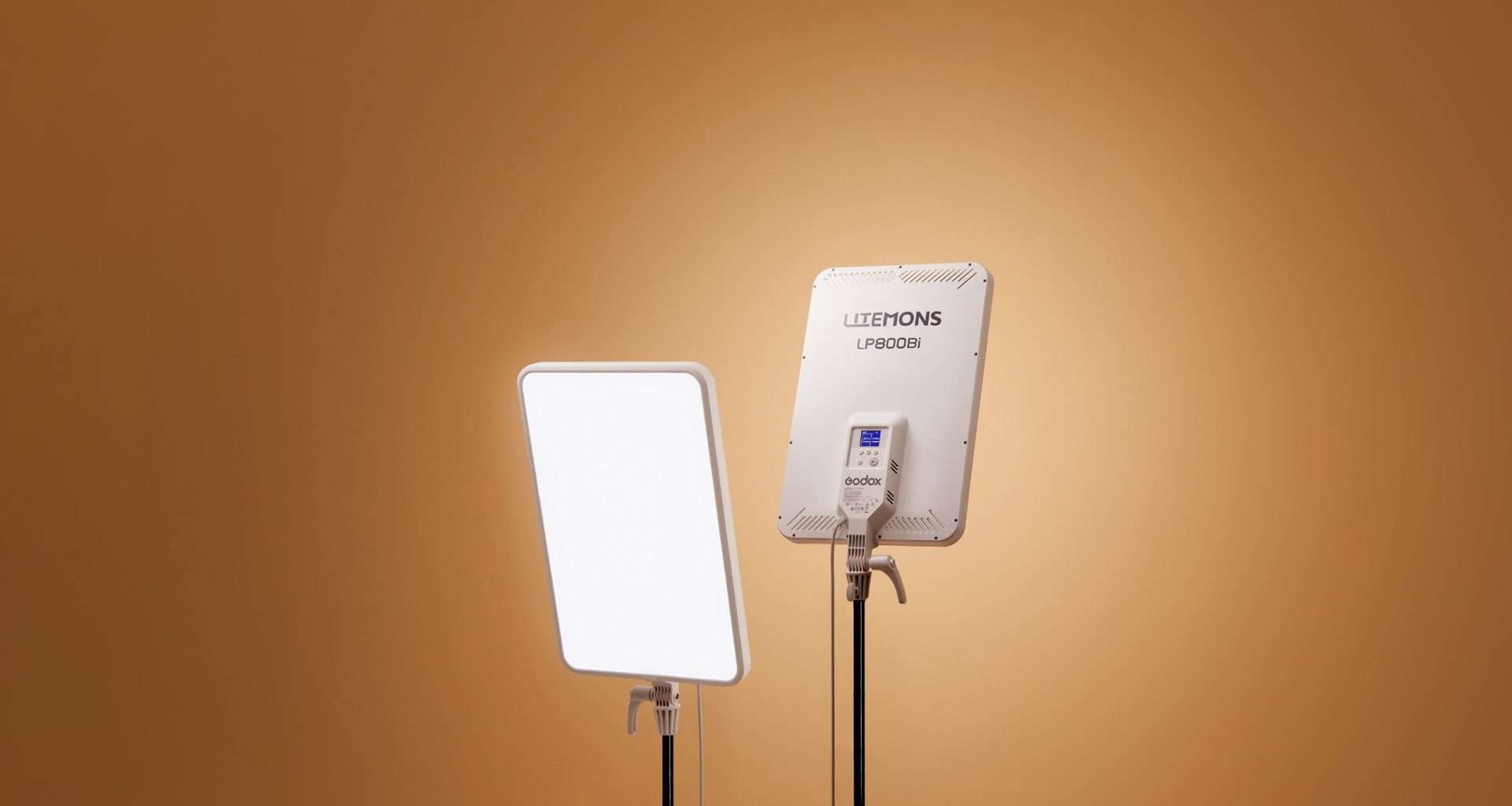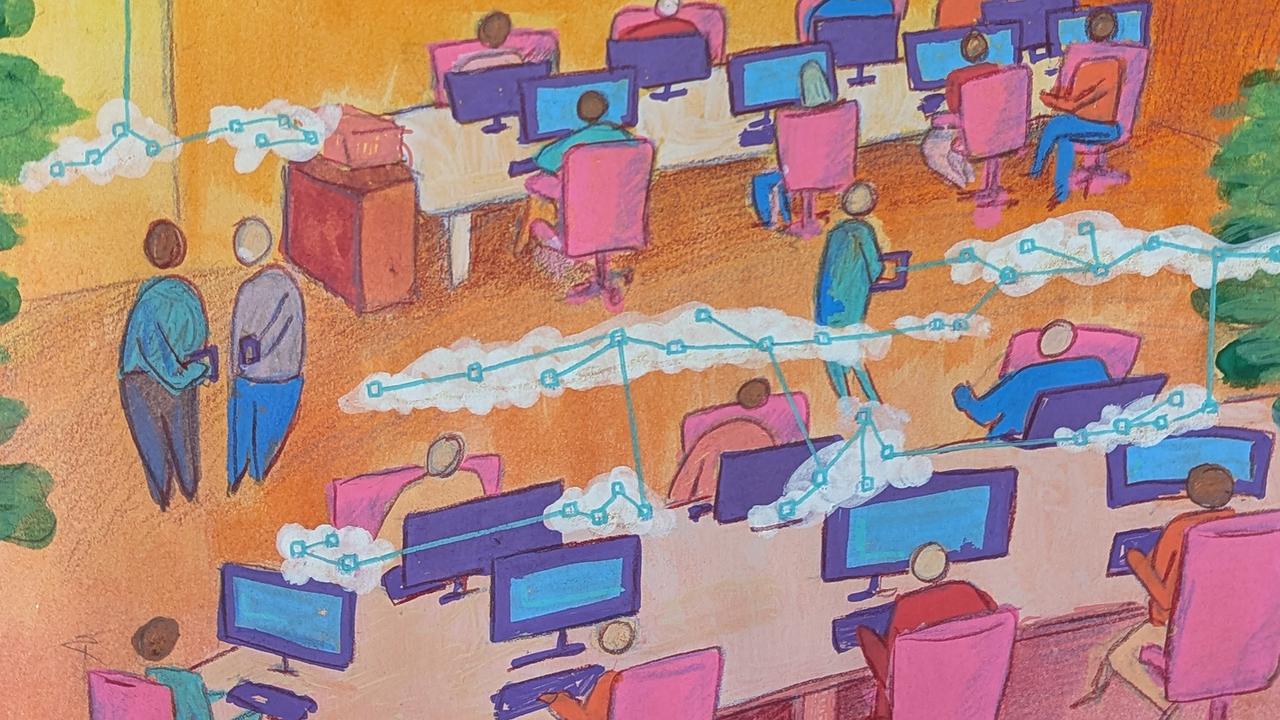It is unusual for a slim family memoir to evoke a much larger nostalgia for an age we have left behind, in the way that Rajwati and Her Times succeeds. Through an endearing portrait of her grandmother, the author Madhu Bhaduri – a…
Author: admin
-
ASIA/PAKISTAN – Father Feroz: “The light of Christ shines in Pakistan offering hope for peace through the Jubilee Year”
ASIA/PAKISTAN – Father Feroz: “The light of Christ shines in Pakistan offering hope for peace through the Jubilee Year”
Qaisar Feroz Ofm Cap
Lahore (Agenzia Fides)…
Continue Reading
-
ASIA/PAKISTAN – Father Feroz: “The light of Christ shines in Pakistan offering hope for peace through the Jubilee Year”
ASIA/PAKISTAN – Father Feroz: “The light of Christ shines in Pakistan offering hope for peace through the Jubilee Year”
Qaisar Feroz Ofm Cap
Lahore (Agenzia Fides)…
Continue Reading
-

Extra time for Birmingham Ozzy Osbourne exhibition due to demand
A tribute wall, consisting of 77 messages chosen from over 50,000 tributes left by fans in the book, was unveiled on 3 December on what would have been his 77th birthday.
Sam Watson, chair of Central BID Birmingham, said they were extremely proud…
Continue Reading
-

Litemons, Godox’s sub-brand, adds LP800Bi to LP LED panel series
Litemons, a sub-brand of Godox, has expanded its LP series with the introduction of the LP800Bi bi-colour LED light panel, aimed at video creators, livestreamers, and hybrid photo-video users. The model features a large light-emitting surface…
Continue Reading
-
We’re carrying out essential work to repair gas pipes in Featherstone
Northern Gas Networks (NGN), the gas distributor for the North of England, is carrying out essential repair work on gas pipes in Featherstone, West Yorkshire.
This work will ensure the continued safe and reliable supply of gas to customers in Featherstone, keeping homes and businesses safe, warm and connected.
So that engineers can carry out the work safely and efficiently, and to protect the public, some temporary traffic management measures will be put in place.
From the afternoon of Thursday 8 January, temporary traffic lights will be in place at the four-way junction of Pontefract Road, Wakefield Road, Girnhill Lane and Station Lane – close to the Lidl supermarket.
The gas supply to homes and businesses in the area is unaffected.
Mark Austerberry, Site Manager at Northern Gas Networks, said: “We would like to apologise for the inconvenience caused during these essential repair works. Our investigations are ongoing, and we’ll provide a completion date for these works as soon as we can.
“Our teams will be working 24/7 to get the repairs completed as soon as possible, and the temporary traffic lights will also be manned from 7am-7pm to minimise disruption.”
For further information about the work please contact NGN’s Customer Care Team on 0800 040 7766 or email: customercare@northerngas.co.uk.
Continue Reading
-

Why is Jupiter’s 96th Moon drawing intense scientific interest?
As 2026 unfolds, the discussion surrounding the 3I/ATLAS flyby…
Continue Reading
-

Bedfordshire theatres in firing line for council funding cuts
Both venues are run by Everyone Theatres under a confidential contract with the council for leisure facilities.
At a meeting of the executive this week, Baker said: “With one of our theatres running up annual losses of hundreds of thousands of…
Continue Reading
-

Evidence suggests dark matter and neutrinos interact
Scientists may be closing in on one of cosmology’s most enduring mysteries.
University of Sheffield experts investigating the deepest workings of the Universe have uncovered new evidence suggesting that two of its most mysterious ingredients…
Continue Reading
-

How AI’s future will echo the rise of the PC
Public discussions about artificial intelligence (AI) today often focus on scale—massive data centers, rapidly expanding energy demands, and a race for ever-greater computing capacity. This narrative conveys an image of AI as a…
Continue Reading
